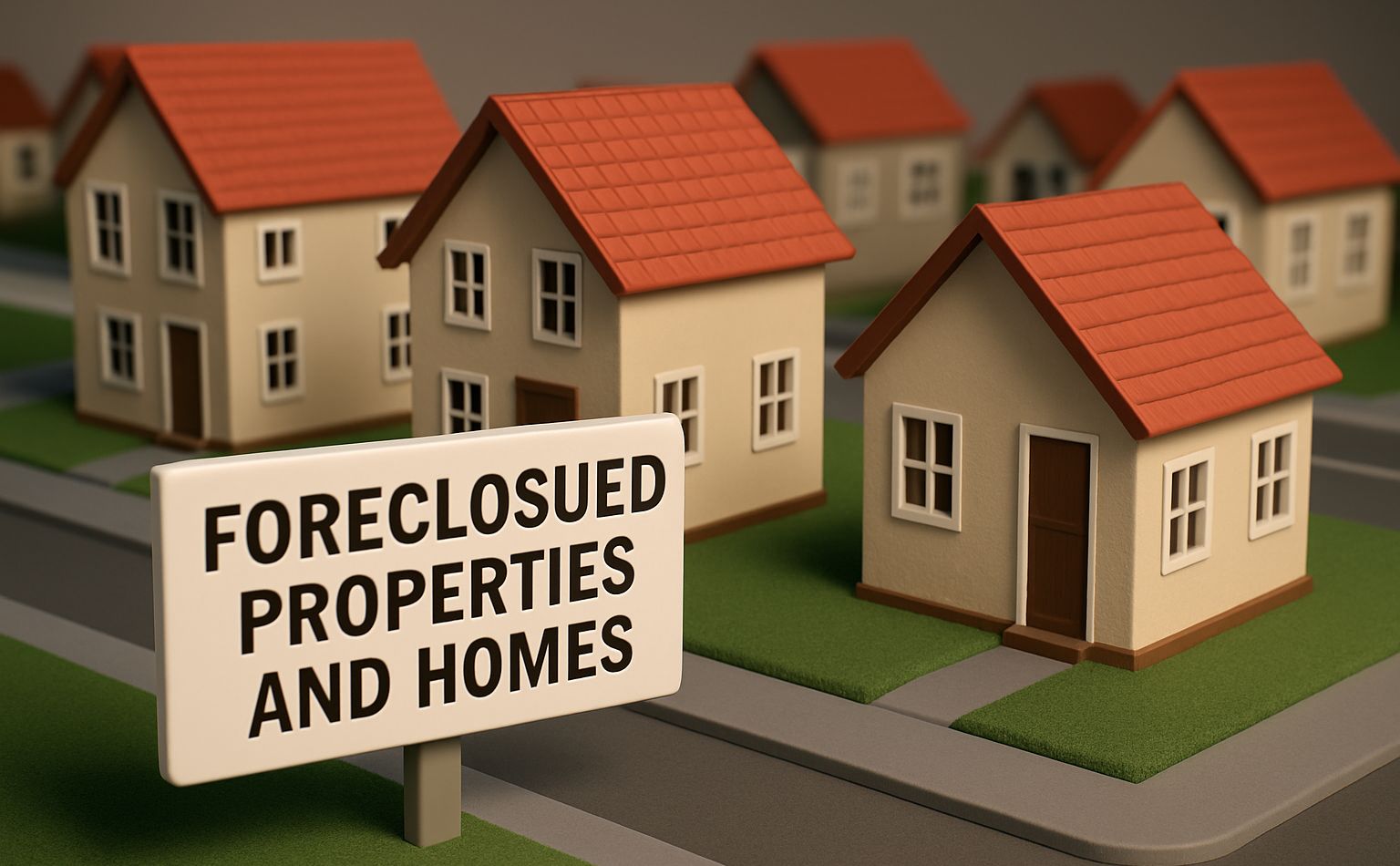Bank-owned properties, also known as real estate owned (REO) properties, are homes that a bank has foreclosed on because the previous owner failed to make mortgage payments. Once a property becomes a REO asset, the bank is responsible for selling it, often at a reduced price. Understanding the nuances of purchasing a bank-owned home can help potential buyers snag a great deal.

The Process of Buying Bank-Owned Homes
Buying a bank-owned home typically involves a slightly different process compared to purchasing from a typical seller. Here's a step-by-step guide to what you can expect:
Obtaining Financing
Before you start looking for a REO property, it's essential to secure financing. Although some buyers turn to cash, most opt for mortgage loans. Pre-approval for a mortgage not only shows sellers you're serious but also helps you understand your budget limits.
Finding a Real Estate Agent Experienced in REOs
Work with a real estate agent who specializes in bank-owned properties. These professionals understand the intricacies of REO transactions and can help guide you through the process smoothly.
Searching for Properties
REO properties are often listed through real estate agents. Additionally, banks may list available properties on their websites. Multiple listing services (MLS) and websites like Zillow and Realtor.com can also be valuable resources.
Making an Offer
When making an offer, consider that banks aim to recoup as much money as possible. Offers may need to be close to market value. Your agent will help craft a competitive offer that considers both market conditions and property conditions.
Conducting Inspections
Unlike traditional sales, bank-owned properties are sold "as-is," meaning the bank won't make repairs. Schedule a home inspection to understand any issues and potential costs involved in repairs or renovations.
Closing the Deal
Closing on a bank-owned property can take longer than usual, as banks often have lengthy processes. Be prepared for a possible extended timeframe and ensure all documentation is in order to avoid delays.
Advantages of Buying Bank-Owned Homes
Purchasing a bank-owned property offers several benefits, such as:
- Competitive Pricing: Since banks are eager to sell REO properties quickly, these homes often come at lower prices compared to traditional sales.
- Clean Title: Banks usually handle any outstanding taxes and liens, meaning the buyer receives a clear title.
- Potential for Investment: Due to their lower purchase price, these properties can offer good investment opportunities, potentially generating significant returns after renovations and resales.
Risks and Considerations
Despite the advantages, prospective buyers should be aware of potential challenges:
- Property Condition: Since REO homes are sold as-is, they may require extensive repairs or renovations. Thorough inspections are crucial to identifying any major issues before purchase.
- Competition: The discounted prices often attract investors and bargain hunters, leading to competitive bidding situations. Be prepared with a strong offer to improve your chances of success.
- Long Closing Periods: Banks have numerous procedures to follow, which may result in extended closing times. Patience is key in these transactions.
Conclusion
Buying a bank-owned home presents unique opportunities and challenges. By understanding the process and working with experienced professionals, potential homeowners and investors can find valuable deals in the REO market. Consider all aspects of the purchase, including potential costs and competition, to make informed decisions that align with your financial goals.

